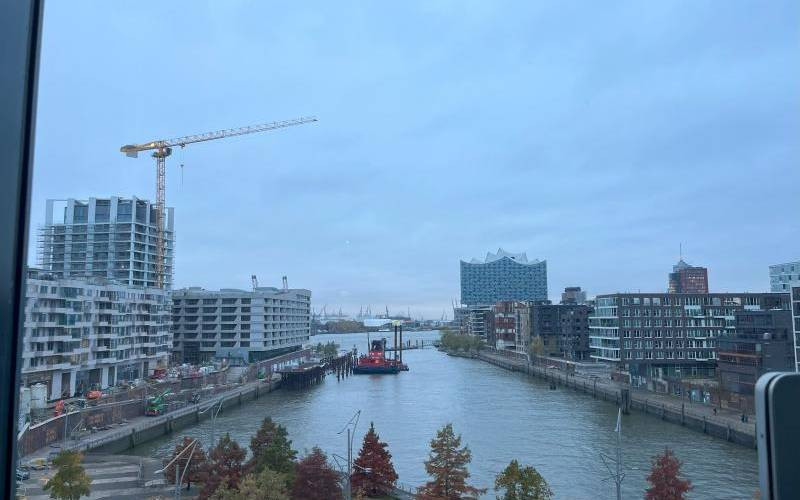×
The Standard e-Paper
Home To Bold Columnists

In the realm of government priorities, countless projects are initiated and executed through manifestos, sessional papers, parliamentary acts, regulations, and executive orders. While foreign investors often supplement these endeavors, there exists an overlooked project since Kenya's independence-the Project Trust.
The pervasive lack of trust within society, whether directed towards the government, neighbours, spouses, or even children, has become an undeniable issue.